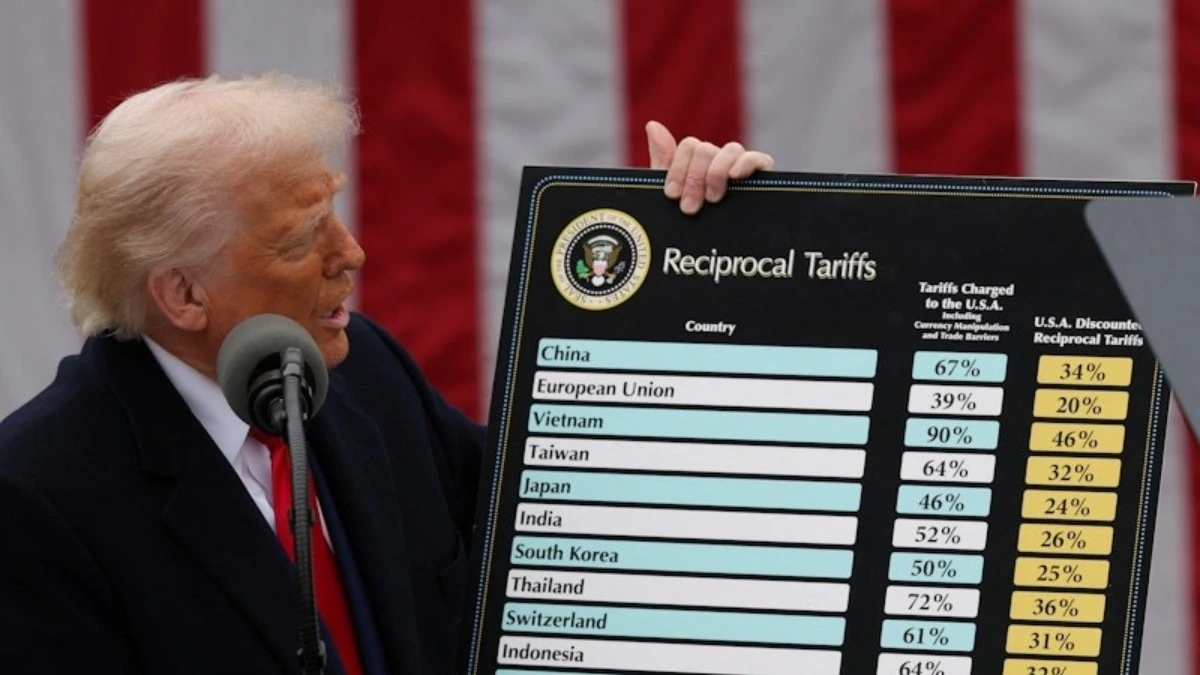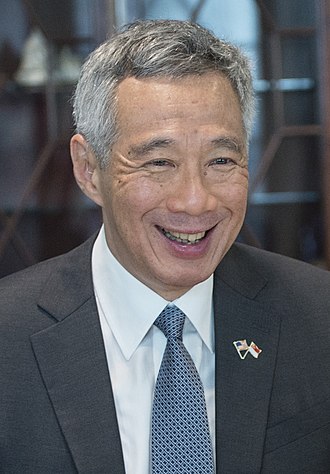Thailand and Indonesia are taking markedly diplomatic approaches to the Trump administration’s sweeping new trade tariffs, as Southeast Asian nations scramble to respond to U.S. import duties that could significantly impact regional exports.
Thai Prime Minister Paetongtarn Shinawatra announced Sunday that Thailand will ramp up imports of U.S. energy, aircraft, and agricultural products in a bid to mitigate the fallout from a new 36% tariff on Thai goods entering the American market.
In remarks carried by Thai PBS, Shinawatra emphasized Thailand’s intent to maintain strong bilateral ties despite the steep levies, which she warned could hit major export categories such as electronics, processed foods, and agricultural commodities.
“We remain committed to a constructive economic partnership with the United States,” she said, adding that Thailand would also encourage Thai firms to invest more in the U.S. and ease existing import restrictions on American goods.
Thailand’s Finance Minister Pichai Chunhavajira is expected to travel to Washington in the coming days to lead high-level discussions with U.S. officials and private sector stakeholders.
Indonesia Harps on Diplomacy
Neighboring Indonesia also signaled its preference for diplomacy after the U.S. imposed a 32% tariff on Indonesian exports. Coordinating Minister for Economic Affairs Airlangga Hartarto told Antara News that Jakarta will pursue negotiations with the U.S. to address the situation.
“We are not planning retaliatory measures at this time,” Hartarto said. “Our focus is on finding a mutually beneficial outcome through dialogue.”
The new tariffs are part of a broader trade strategy unveiled by President Donald Trump last week under the banner of “Liberation Day,” which imposed duties ranging from 10% to 50% on imports from more than 180 countries. While the U.S. says the move is meant to protect domestic industries, critics warn it could spark a wider trade conflict.
Both Thailand and Indonesia are key U.S. trading partners in Southeast Asia, and their tempered responses reflect a broader regional strategy of maintaining access to the U.S. market while avoiding escalation.
More updates to follow as talks progress and other nations respond.



